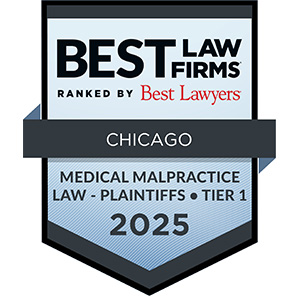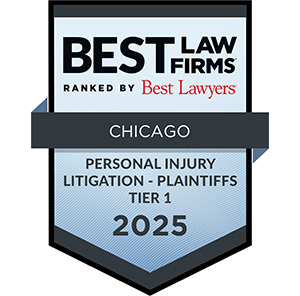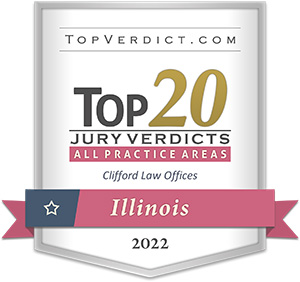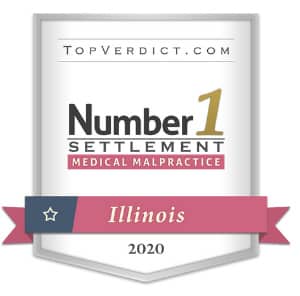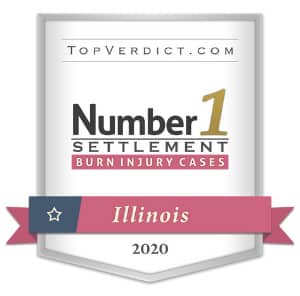Wrongful death caused by medical negligence refers to a fatality that occurs as a direct result of a healthcare provider’s failure to provide the standard level of care expected in the medical community. This type of wrongful death arises when a medical professional’s actions, or lack thereof, deviate from accepted medical practices, leading to a patient’s death.
Key Elements of Wrongful Death by Medical Negligence:
- Medical Negligence: A breach of duty by a healthcare provider, such as a doctor, nurse, or hospital, through acts of omission (failing to act) or commission (acting improperly).
- Causation: A direct link between the medical negligence and the patient’s death.
- Standard of Care: The level of care and skill that a reasonably competent healthcare provider, in a similar field and geographical area, would provide under similar circumstances.
- Wrongful Death: The death of a patient that could have been avoided if the healthcare provider had adhered to the appropriate standard of care.
Misdiagnosis or Delayed Diagnosis
- Misdiagnosis occurs when a medical professional incorrectly identifies a patient’s condition.
- Delayed diagnosis is when there is an undue delay in identifying a patient’s illness.
Examples include misdiagnosing cancer as a less serious condition, leading to a lack of timely treatment; or diagnosing a heart attack as a minor digestive issue, resulting in fatal consequences.
Surgical Errors
Types of surgical errors can include:
- Wrong-site Surgery: Performing surgery on the wrong part of the body, such as amputating the wrong limb.
- Retained Surgical Instruments: Leaving instruments like sponges or clamps inside the patient’s body post-surgery.
- Anesthesia Errors: Administering incorrect doses of anesthesia, leading to complications like brain damage or death.
Medication Errors
Types of medication errors include:
- Incorrect Dosage: Administering too much or too little of a medication.
- Wrong Medication: Giving the patient a medication that was intended for another patient or is inappropriate for their condition.
- Drug Interactions: Prescribing medications that have harmful interactions with other drugs the patient is taking.
Consequences of medication errors can include adverse drug reactions, ranging from mild allergic reactions to severe, life-threatening conditions. medication errors can also cause increased hospitalizations, leading to higher healthcare costs. In severe cases, medication errors can lead to fatal outcomes, resulting in wrongful death claims.
Birth Injuries
Common types of birth injuries leading to wrongful death include:
- Hypoxia: Lack of oxygen to the baby’s brain during delivery, leading to brain damage or death.
- Brachial Plexus Injuries: Damage to the nerves controlling the arm and hand during difficult deliveries, which can sometimes be fatal.
- Infections: Not diagnosing or treating infections in the mother that can be transmitted to the baby.
Failure to Provide Appropriate Treatment
This includes scenarios where treatment was not provided or was insufficient, such as:
- Lack of Follow-Up Care: Patients discharged from the hospital without proper instructions or follow-up, leading to deteriorations in their condition.
- Understaffed Medical Facilities: Insufficient medical staff leading to inadequate monitoring and treatment of patients.
- Failure to Administer Life-Saving Procedures: Not performing necessary procedures like CPR in a timely manner.
Contact a Chicago Medical Malpractice Attorney Today
If you or a loved one has been impacted by wrongful death due to medical negligence, you don’t have to face this difficult time alone. The experienced Chicago med mal attorneys at Clifford Law are here to help. Contact us at (312) 899-9090 for a free, no-obligation consultation to discuss your options. We are committed to fighting for justice and ensuring that those responsible are held accountable. Let us support you in seeking the compensation and closure you deserve. Call today to learn how we can assist you during this challenging period.









